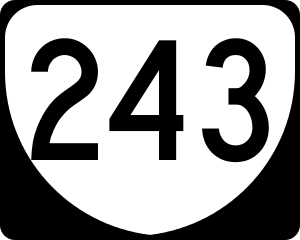 |
| (Photo credit: Wikipedia) |
Our series providing an introduction to special education law continues. Previous posts have introduced the two basic concepts underlying IDEA, free and appropriate education and least restrictive environment. Last week we discussed eligibility and identification. Today we will look at selected IEP issues.
Some IEP Issuies
Issues pertaining to IEPS are among the most frequent to appear in due process hearings. Here are some fundamental points:
Issues pertaining to individualized education programs are governed by IDEA §§ 612(a)(4) and 614 (d)-(f). See, 34 C.F.R, §§ 300.320-300.323, 300.324 – 300.328.
L.B. & J.B. on behalf of K.B. v. Nebo Sch. Dist., Bd. of Educ., et al, 379 F.3d 966, 41 IDELR 206 (10th Cir. 8/11/2004). The IEP is the basic mechanism through which each child’s individual goals are achieved.
D.F. & D.F. ex rel N.F. v. Ramapo Cent. Sch. Dist. 105 LRP 57524 (2d Cir. 11/23/05). The Court notes that the case raises an issue as to whether it is proper to utilize prospective or retrospective analysis of an IEP. The court stated that an IEP is a snapshot not a retrospective. In striving for appropriateness, an IEP must take into account what was, and was not, objectively reasonable when the snapshot was taken, i.e., at the time the IEP was formulated. Contrast, MS by Simchick v. Fairfax County Sch Bd 553 F.3d 315, 51 IDELR 148 (4th Cir 1/14/09).
In a recent trend involving cases alleging failure to implement IEPs, courts have increasingly taken a stance that to be actionable, the failure to implement must have been "material." This trend follows the reasoning of the Ninth Circuit Court of Appeals in Van Duyn ex rel Van Duyn v. Baker Sch Dist 5J 481 F.3d 770, 47 IDELR 182 (9th Cir. 4/3/7)










